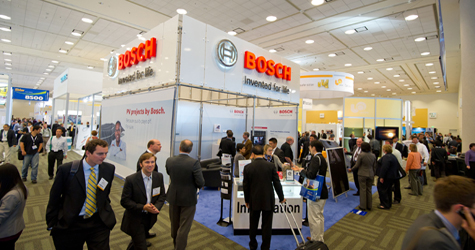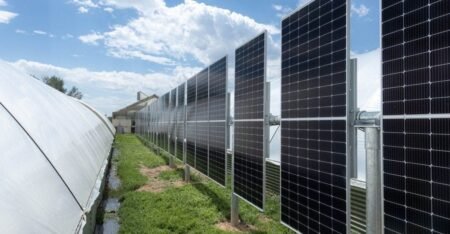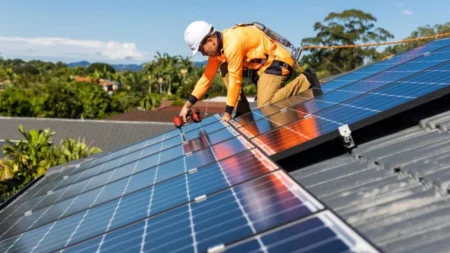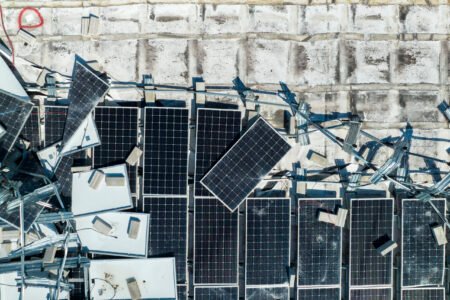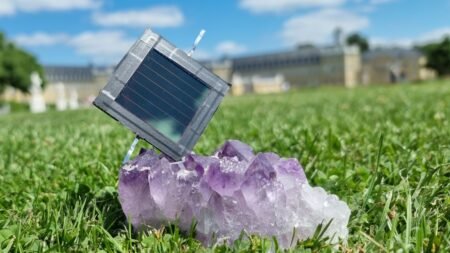Starwood 1 will showcase two critical future technologies. The first is power storage. Without storage, you will only have power when the sun is shining. And while that can work to a point, it will never power the whole world. We’ll still need something to take care of the base-load, and that something, as of right now, is coal.
Different ideas have been cooked up for storing the power created by solar power plants – batteries, ultracapacitors, hydrogen generation, flywheels – but all of these are far from being affordable enough for large scale power needs. The alternative is to store power as heat before it’s converted to thermal energy.
Fortunately, there is a fairly good and relatively inexpensive solution to thermal storage, one which Starwood 1 implements. Starwood 1’s concentrating troughs feed heated liquid in large insulated molten salt tanks at 734 degrees Fahrenheit. When needed, these tanks will release steam, driving turbines at night or during cloudy weather.
The second big technology featured in Starwood 1 is concentrated solar power (CSP). CSP has seen commercial deployments since the 1980s, but has failed to dominate the industry. However, expect that to change as the maximum theoretical efficiencies of concentrated power designs are much higher than those of standard photovoltaics. CSP can be used to enhance thermal (as is done here) or to enhance photovoltaic technologies.
When completed Starwood 1 will cover 1900 acres of desert land. Unlike wind turbines there’s a low risk of bird strikes, and the construction team is working to minimize the impact on ground-based local wildlife. Flash from the plant (burst of bright light when viewed from certain angles) is a concern, but given the remote location, this shouldn’t prove a problem.
Locate approximately 75 miles west of Phoenix, the plant will produce enough power for 73,000 customers. The construction will also create 7700 jobs. The construction won’t be cheap – the plant will cost $2.7B USD, but it should pay for itself and then some. If it can live up to its promise, which seems likely, expect more CSP plants and thermal storage installations to pop up across sunny remote areas of the U.S. southwest in the near future.




